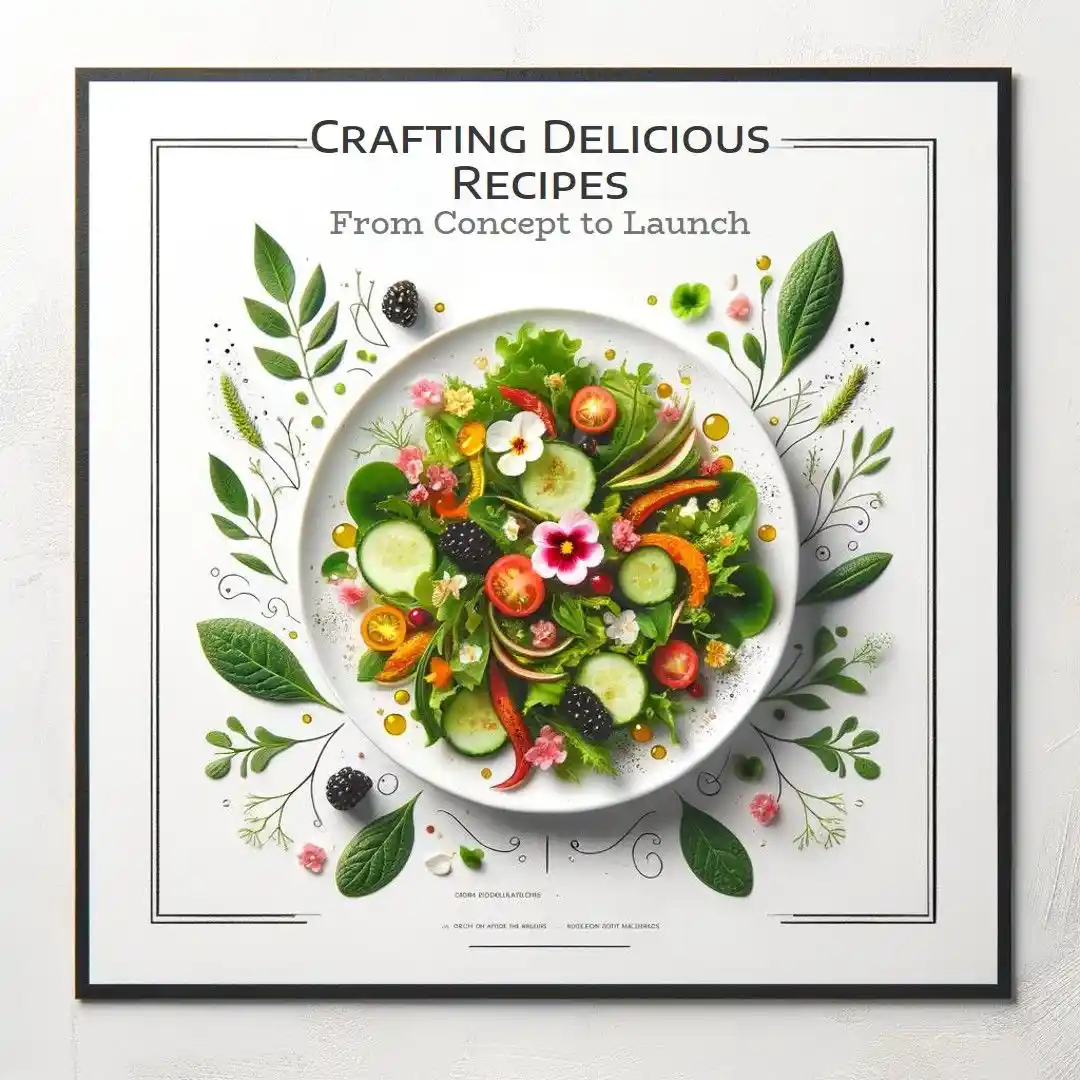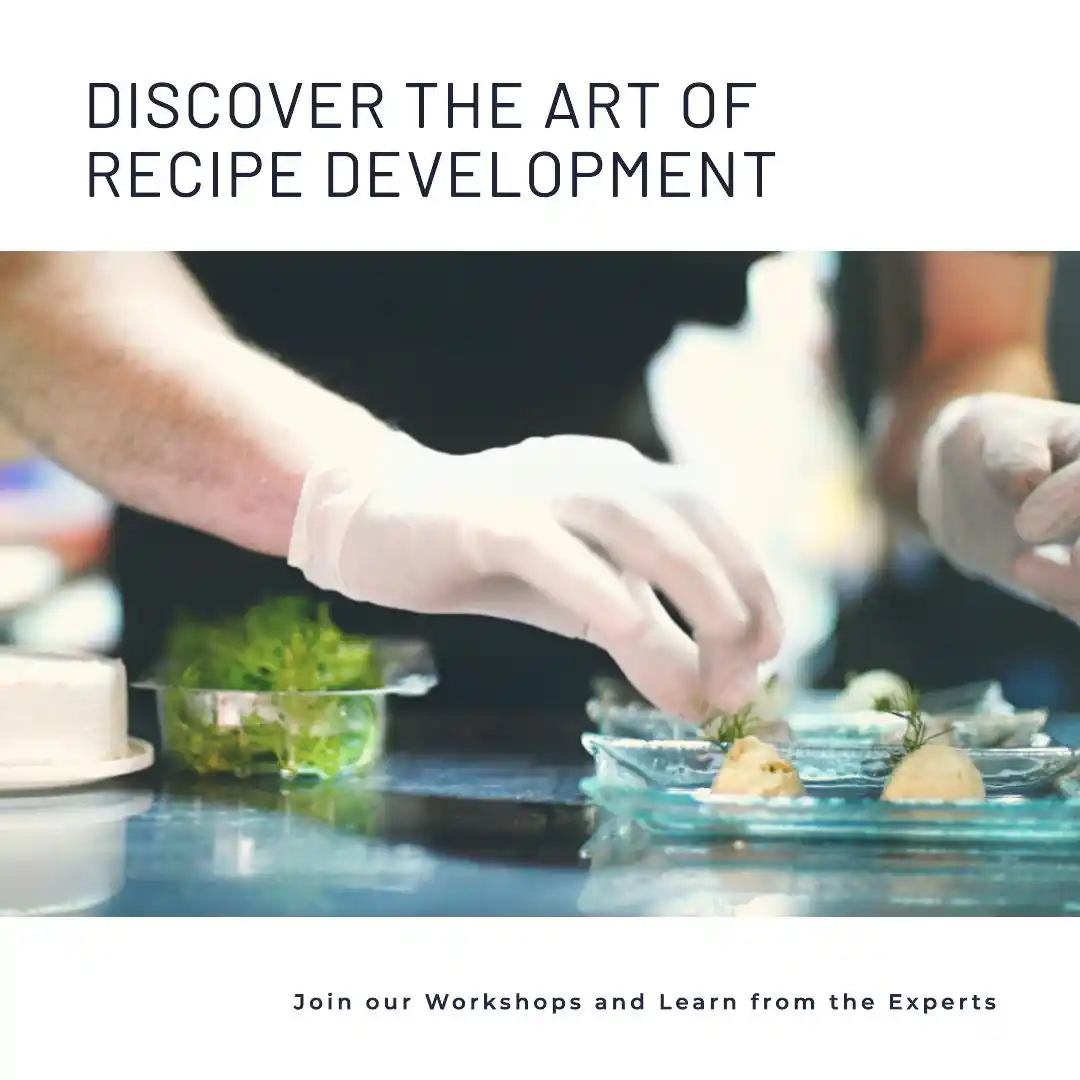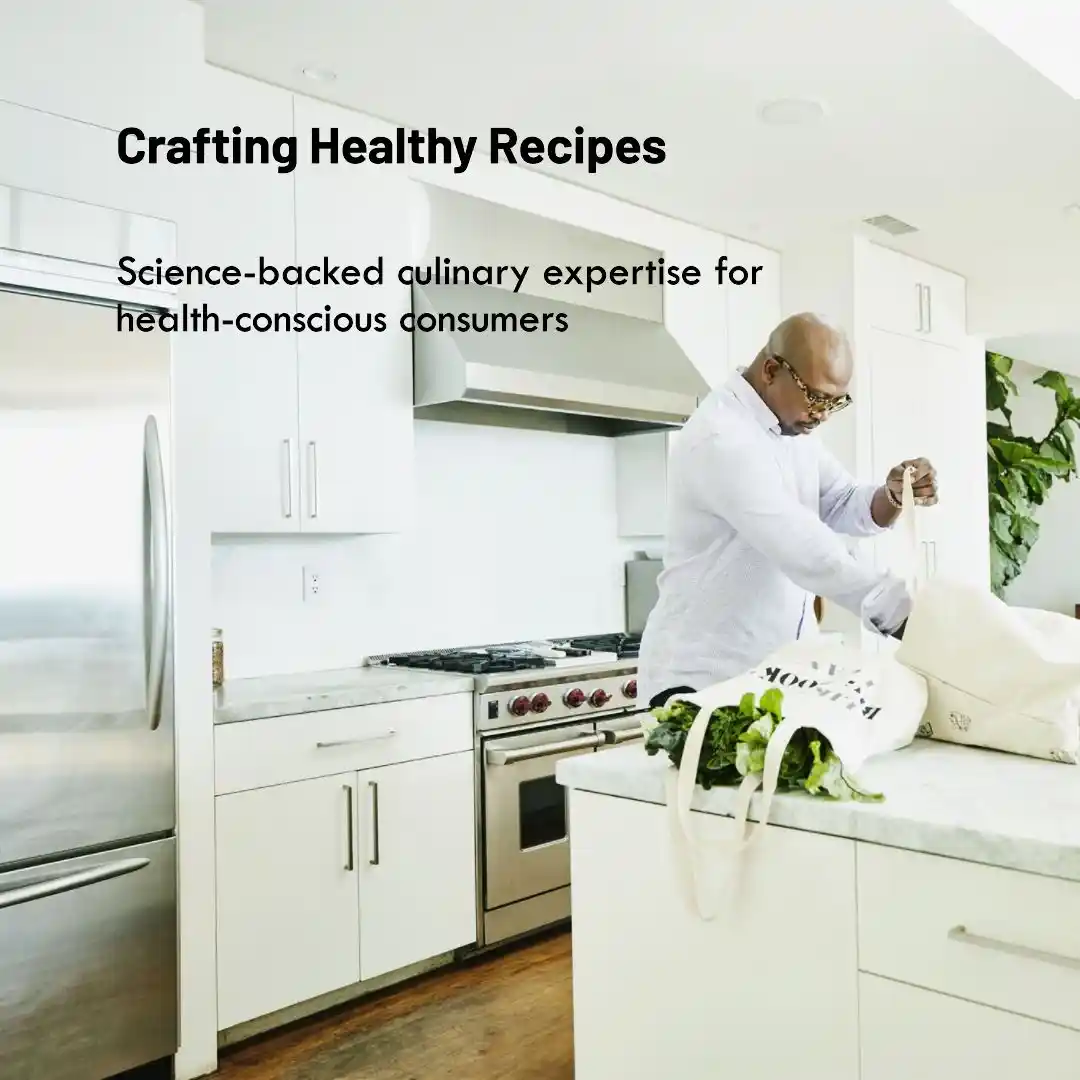Introduction
The journey from a fleeting culinary inspiration to a tangible, delectable dish is a complex yet rewarding process. Recipe development is a blend of art and science, demanding creativity, precision, and a deep understanding of flavors. At Tasteology, we leverage our scientific expertise and culinary passion to help food businesses navigate this journey, creating innovative and successful food products. This comprehensive guide will unveil the secrets of recipe development, equipping you with the knowledge to transform your culinary dreams into reality.
Why Recipe Development Matters
In today’s competitive food industry, a well-developed recipe is more than just a list of ingredients and instructions. It’s the foundation of a successful product, the blueprint for consistent quality, and the key to capturing the hearts (and stomachs) of your target audience. Whether you’re a seasoned chef, an aspiring food entrepreneur, or a passionate home cook, mastering the art of recipe development is crucial for achieving culinary excellence.
Inspiration and Ideation: The Seed of a Great Recipe
Unearthing Your Culinary Muse
Every great recipe begins with an idea. Inspiration can strike anywhere – from a vibrant farmers market to a cherished family tradition. At Tasteology, we encourage our clients to explore diverse sources of inspiration, including global cuisines, emerging food trends, and even scientific advancements in food technology.
Refining Your Concept
Once you have a spark of inspiration, it’s essential to refine your concept. Consider your target audience, their preferences, and the overall market landscape. Is your idea unique? Does it fill a gap in the market? Tasteology’s expert culinary consultants can help you analyze your concept and ensure its viability, setting the stage for a successful product launch.
Formulation and Experimentation: Bringing Your Recipe to Life
The Science of Flavor
Developing a recipe is a scientific endeavor. Understanding the interplay of ingredients, their chemical properties, and how they react under different conditions is crucial for achieving consistent results. Tasteology’s science-backed approach ensures that every recipe we develop is not only delicious but also optimized for texture, stability, and shelf life.
The Art of Iteration
Recipe development is an iterative process. Be prepared to experiment, tweak, and refine your recipe until it reaches perfection. Keep meticulous records of each iteration, noting any changes in ingredients, cooking methods, or flavor profiles. This meticulous approach is essential for achieving consistent results and scaling your recipe for production.
Testing and Refinement: Perfecting Your Culinary Masterpiece
Sensory Evaluation: The Ultimate Test
Sensory evaluation is a crucial step in recipe development. Gather feedback from a diverse group of testers, paying close attention to their comments on flavor, texture, aroma, and overall appeal. Tasteology’s sensory experts conduct rigorous testing to ensure that every recipe meets the highest standards of quality and consumer satisfaction.
Final Adjustments: The Finishing Touches
Based on the feedback from your sensory evaluation, make any necessary adjustments to your recipe. This may involve tweaking the seasoning, adjusting the cooking time, or even revisiting the ingredient list. The goal is to create a final product that is not only delicious but also consistent and reproducible.
Practical Tips for Recipe Development Success
- Start with a clear vision: Define your target audience, desired flavor profile, and overall concept before you begin.
- Embrace the science: Understand the properties of your ingredients and how they interact with each other.
- Document everything: Keep detailed records of every iteration, including ingredient quantities, cooking times, and sensory feedback.
- Don’t be afraid to experiment: Recipe development is a journey of discovery. Embrace the process of trial and error.
- Seek expert advice: Tasteology’s culinary consultants can provide invaluable guidance and support throughout the recipe development process.
Common Challenges in Recipe Development
- Balancing flavors: Achieving the perfect balance of sweet, sour, salty, bitter, and umami can be challenging.
- Scaling recipes: Adapting a recipe for large-scale production requires careful consideration of ingredient ratios and cooking methods.
- Maintaining consistency: Ensuring that your recipe yields consistent results every time is essential for product quality.
Conclusion
Recipe development is a multifaceted process that demands both creativity and precision. By understanding the science behind flavor and embracing the art of iteration, you can transform your culinary vision into a market-ready masterpiece. Tasteology’s expert culinary consultants are here to guide you through every step of this journey, helping you create innovative, delicious, and successful food products.


